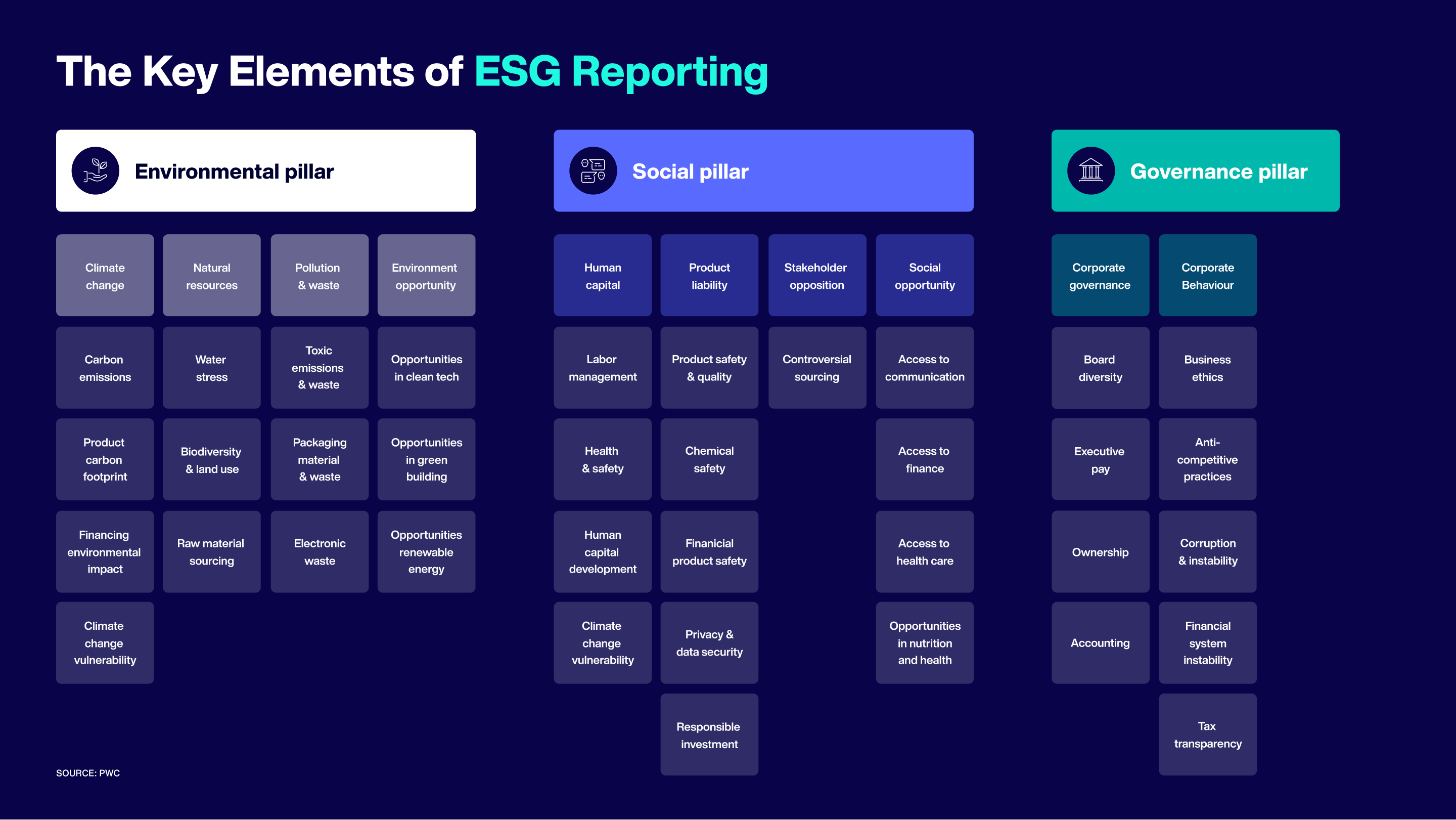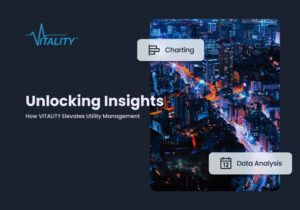If you’re like most business owners, you probably have a lot of questions when it comes to ESG reporting software.
What is it? Do I need it? How can it help my business?
ESG reporting software is designed to help businesses track and report on their environmental, social, and governance (ESG) performance.
This information can be used to improve sustainability practices, attract investors, and make more informed decisions about the future of the company.
Why is ESG reporting important for businesses?
Table of Contents
What is ESG reporting software?
ESG reporting software provides a comprehensive and standardized way to measure, report, and manage an organization’s environmental, social, and governance performance.
It enables organizations to track their progress in meeting ESG goals and objectives and compare their performance against peers.
For example, an organization might use ESG reporting software to track its progress in reducing carbon emissions.
The software can also help organizations manage and communicate their ESG performance to stakeholders.
How ESG Reporting Software Can Help Your Business
If you want to make your business more sustainable, ESG reporting software can help. This type of software provides information on a company’s environmental, social, and governance practices.
It can help you track your progress and find areas where you can improve.
ESG reporting can also help you save money.
For example, if you track your water usage, you may be able to find ways to save on this valuable resource and lower your water bill. You may also be able to save energy and reduce your carbon footprint.
ESG reporting can also help you attract and retain customers. Many consumers are interested in supporting sustainable businesses. They may be willing to pay more for products and services from companies that are environmentally and socially responsible.
If you’re not sure where to start, there are many resources available to help you get started with ESG reporting. The Global Reporting Initiative (GRI) provides guidance on how to report on your company’s sustainability performance.
The Carbon Disclosure Project also has a tool that can help you measure your carbon footprint.
Choosing the Right ESG Reporting Software for Your Business Needs
ESG reporting software can help companies monitor their ESG metrics and report this information to investors and other stakeholders.
However, with a growing number of ESG reporting software options on the market, it can be difficult to choose the right one for your needs.
Here are four things to consider when choosing ESG reporting software.
1. Data Management
The first thing to consider when choosing ESG reporting software is how it can help you manage your ESG data. Look for a software solution that offers an easy-to-use interface for data entry and reporting.
The software should also allow you to track your progress on specific ESG indicators over time.
2. Investor Reporting
Another important consideration is whether the software can help you meet the reporting requirements of your investors. Many investors now require companies to disclose information on their ESG performance.
Make sure the software you choose can generate the reports you need to meet these requirements.
3. Stakeholder Engagement
In addition to investors, there are a number of other stakeholders who are interested in your company’s ESG performance. These include employees, customers, suppliers, and the community in which you operate.
Look for a software solution that can help you engage with these stakeholders and understand their ESG concerns.
5 Things You Should Look For In ESG Reporting Software
There are a number of things to look for when vetting ESG reporting software solutions. These five are the most important.
1. Ease of Use
The software should be easy to use and understand. It should have a user-friendly interface that makes it easy to input data and generate reports.
2. Flexibility
The software should be flexible enough to meet the specific needs of your organization. It should allow you to customize reports and create tailored ESG indicators.
 (Source)
(Source)
3. Accuracy
The software should be able to generate accurate reports. This is essential in order to make informed decisions based on the data.
4. Timeliness
The software should be able to generate reports in a timely manner. This is important in order to make timely decisions about ESG issues.
5. Cost
The software should be affordable. There are a number of free and open-source options available, so cost should not be a barrier to using ESG reporting software.
How to Get Started With ESG Reporting
ESG reporting software can help your business track and report on your environmental, social, and governance (ESG) performance.
Here are some tips on how to get started.
1. Define Your ESG Reporting Goals
What do you want to achieve by tracking and reporting on your ESG performance?
Do you want to improve your overall sustainability performance?
Communicate your ESG strategy to key stakeholders.
2. Identify the Data You Need to Track
What data do you need to collect in order to track and report on your ESG performance?
This will vary depending on your specific goals but may include data on energy use, greenhouse gas emissions, water consumption, waste generation, employee engagement, and social and community impact.
3. Choose the Right Software
There are a number of different ESG reporting software platforms available. When choosing a platform, consider your specific needs and goals, and ensure that the platform you choose is compatible with your existing systems and data.
4. Implement Your Software
Once you have chosen your platform, implement it across your organization. Train employees on how to use the software and ensure that data is being consistently entered and updated.
5. Generate Reports
Use your ESG reporting software to generate reports on your progress toward your goals. Share these reports with key stakeholders to communicate your ESG strategy and performance.
FAQs About ESG Reporting Software
What are the frameworks for ESG reporting?
There are many frameworks for ESG reporting, but the most common are the Global Reporting Initiative (GRI) and the Sustainability Accounting Standards Board (SASB).
What is ESG data reporting?
ESG data reporting is the process of collecting and reporting data on a company’s environmental, social, and governance (ESG) performance.
This data can be used to assess a company’s ESG risk and opportunities, as well as its impact on society and the environment.
What are ESG platforms?
ESG platforms are software applications that allow users to collect, track, and report on environmental, social, and governance (ESG) data. ESG reporting software is used by businesses and organizations to measure and disclose their ESG performance.
Conclusion
There are many reasons why ESG reporting is important for businesses. For one, it can help improve sustainability practices and make the company more attractive to investors.
Additionally, tracking and reporting on ESG performance can help business owners make more informed decisions about the future of their company. If you’re thinking about implementing an ESG reporting software solution, be sure to do your research to find the right one for your needs.
{“@context”:”https://schema.org”,”@type”:”FAQPage”,”mainEntity”:[{“@type”:”Question”,”name”:”What are the frameworks for ESG reporting?”,”acceptedAnswer”:{“@type”:”Answer”,”text”:”
There are many frameworks for ESG reporting, but the most common are the Global Reporting Initiative (GRI) and the Sustainability Accounting Standards Board (SASB). “}},{“@type”:”Question”,”name”:”What is ESG data reporting?”,”acceptedAnswer”:{“@type”:”Answer”,”text”:”
ESG data reporting is the process of collecting and reporting data on a company’s environmental, social, and governance (ESG) performance.
This data can be used to assess a company’s ESG risk and opportunities, as well as its impact on society and the environment. “}},{“@type”:”Question”,”name”:”What are ESG platforms?”,”acceptedAnswer”:{“@type”:”Answer”,”text”:”
ESG platforms are software applications that allow users to collect, track, and report on environmental, social, and governance (ESG) data. ESG reporting software is used by businesses and organizations to measure and disclose their ESG performance. “}}]}





